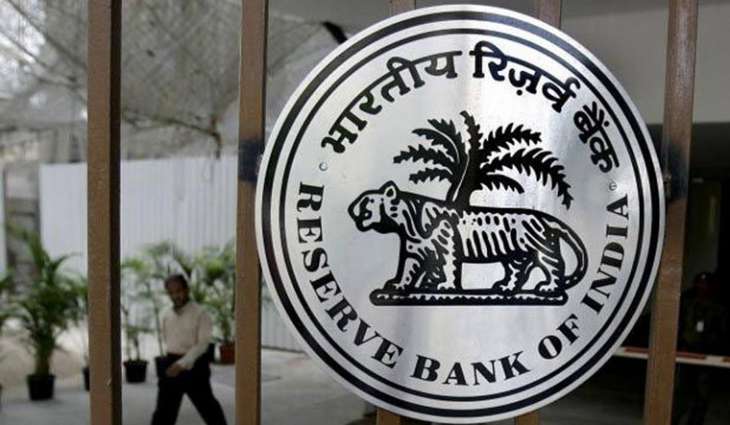The Reserve Bank of India (RBI) and the Financial Services Agency (FSA), Japan exchanged letters of cooperation in the field of Central Counter Parties (CCPs) with the objective of improving mutual cooperation.
Buy Prime Test Series for all Banking, SSC, Insurance & other exams
More About This Development:
With this exchange of letters, RBI and FSA are committed to deepen relations between the two countries and strengthen the exchange of information. RBI and FSA also expressed their willingness to hold a dialogue or exchange views about matters of common interest and concerns as appropriate.
Its Impact:
The letters confirm the interest of both the jurisdictions in enhancing cooperation in line with their respective laws and regulations. The letters will also provide a strong foundation for promoting mutual understanding and cooperation pertaining to CCP activities in cross-border context. The cooperation will be mutually beneficial and ensure soundness of the financial markets in both the jurisdictions.
About Central Counter Parties (CCPs):
A central clearing counter party, also referred to as a central counter party, is a financial institution that takes on counter party credit risk between parties to a transaction and provides clearing and settlement services for trades in foreign exchange, securities, options, and derivative contracts.
Need of This:
The move comes at a time when the European and the UK regulators have derecognised various Indian clearing houses, including the Clearing Corporation of India (CCIL), which hosts the trading platform for government bonds and overnight indexed swaps (OIS). The European Securities and Markets Authority (ESMA) in late October derecognised six Indian clearing houses, including CCIL, which is supervised by the RBI.
Other UK-based banks and foreign lenders, such as Standard Chartered, Barclays, and HSBC, also play a large role in bond and OIS trading.
The derecognition of CCIL will mean that financial transactions will not be settled through CCIL, leaving room for just bilateral transactions between banks. This would strip away advantages and benefits of netting transactions that are provided by the clearing house, as well as lead to much higher capital requirements under Basel norms. Consequently, trading operations would take a huge hit, observed bankers.
Find More News Related to Banking



 Indian Olympic Medal Winners List Till N...
Indian Olympic Medal Winners List Till N...
 Who is the Inventor of the Gramophone?
Who is the Inventor of the Gramophone?
 HS Dhaliwal Appointed New DGP Of Andaman...
HS Dhaliwal Appointed New DGP Of Andaman...
